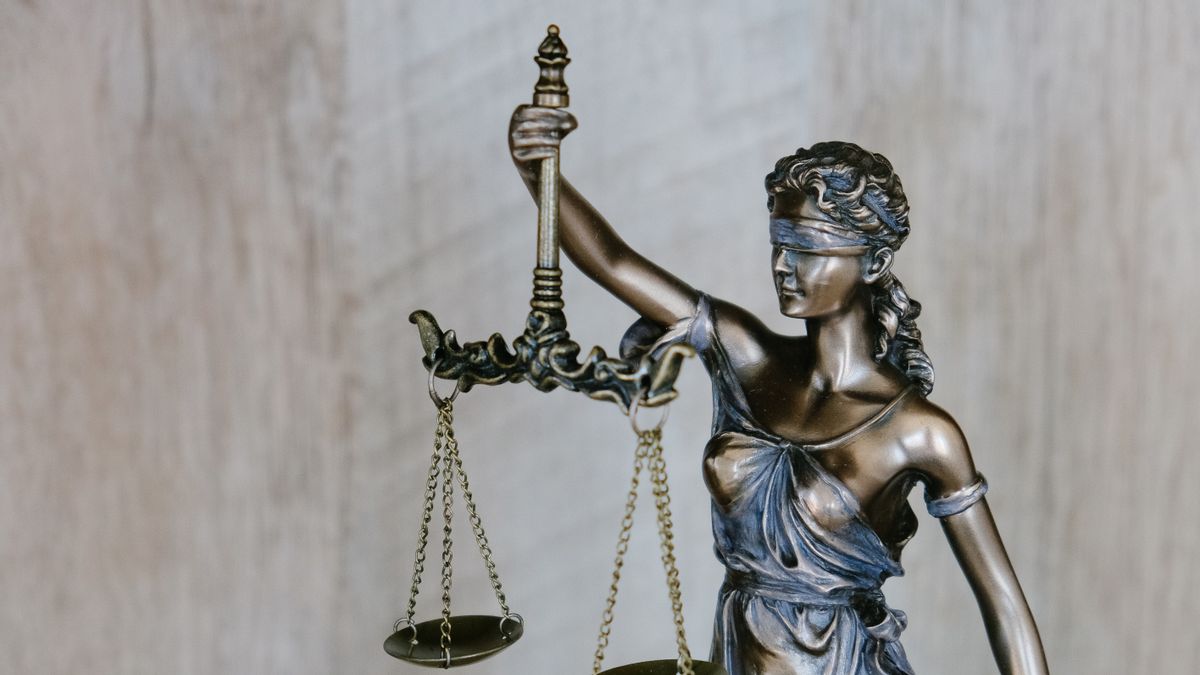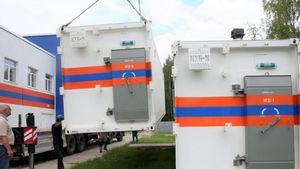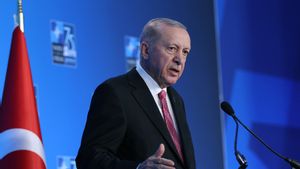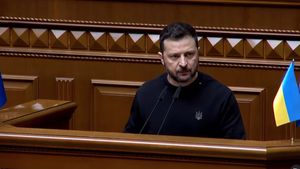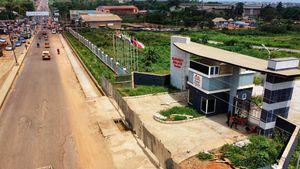YOGYAKARTA - The issue of alleged corruption that has been established at the National Search and Rescue Agency, aka Basarnas, continues to have polemics and hot talks in the public.
One of the reasons is because of the problems handled by the Corruption Eradication Commission (KPK) which linked 2 active military soldiers, namely, the Head of Basarnas (2021-2023) Marshal Henri Alfiandi and Lieutenant Colonel Afri Budi Cahyanto with 3 private parties (Mulsunadi Gunawan, Marilya, and Roni Aidil).
Currently, several legal experts have urged that the matter be tried in the realm of connectivity justice.
Researcher from the Center for Anti-Corruption Studies (PUKAT) of the Faculty of Law UGM Zaenur Rohman assessed that the case must be resolved in the realm of connectivity justice. Therefore including civilian and military elements.
"Of course, the KPK needs to build good communication and cooperation, especially with the TNI Puspom. Why? Because there are perpetrators from civilians and there are perpetrators from the military," said Zaenur on a private TV program, Thursday (27/7/2023).
Zaenur said, in this problem, a team of connectivity investigators and connectivity courts needed to be built. Later, the investigator consists of a joint regulation between the KPK and the Indonesian National Army Puspom (TNI).
"In the event that there is an inclusion like this, it means that criminal acts are carried out jointly between civilians and the military. It is necessary to form a team of investigators for connectivity and judiciary and the judiciary must also be judicial connectivity."
"This means that a joint venture is formed, a joint team between the KPK and the TNI Puspom. Likewise, the prosecutors from the KPK will be with the Military Oditur," said Zaenur.
Judicial connectivity is a judiciary to examine and try criminal acts that are tried together by those who are included in general justice areas and military courts.
The connectivity court can be formed in a case linking members of the Indonesian National Armed Forces (TNI) to civilians such as the alleged corruption problem at Basarnas.
For this reason, the investigative team from the Indonesian National Army Puspom (TNI) and the Military Oditur or High Military Oditur must participate in the prosecution of these crimes.
Joint teams from the KPK, the Indonesian National Army Puspom (TNI) and the Military Oditur must be formed if this issue is to use judicial connection with decisions with the minister of law and human rights and the defense minister.
In accordance with Article 89 of the Criminal Procedure Code, the KPK and the Indonesian National Army can work together to form a connectivity regulation to carry out investigations and prosecutions of cases.
Sourced from this article, criminal acts committed jointly by those belonging to the general justice area as well as the military judicial area are reviewed and tried by courts within the general court area unless for the decision of the Minister of Defense and Security with the approval of the Minister of Justice the matter must be examined and tried by courts within the military justice area.
Meanwhile, Article 42 of the KPK Law states that the KPK has the authority to coordinate and regulate investigations, investigations, and prosecutions of corruption crimes carried out together with people subject to military courts.
So after knowing what connectivity judiciary is, see other interesting news on VOI, it's time to revolutionize news!
The English, Chinese, Japanese, Arabic, and French versions are automatically generated by the AI. So there may still be inaccuracies in translating, please always see Indonesian as our main language. (system supported by DigitalSiber.id)
